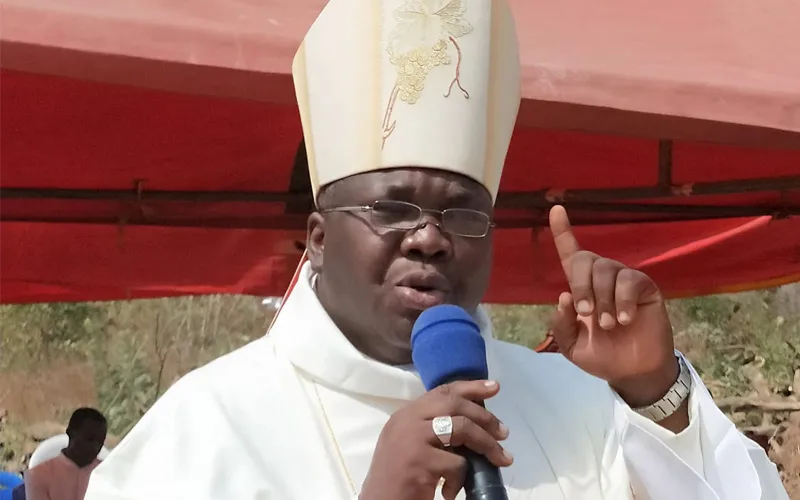Oyo, 13 April, 2021 / 6:30 pm (ACI Africa).
Divine Mercy Sunday celebrated in the Catholic Church on the second Sunday of Easter is an invitation for Christians to be channels of God’s unending mercy and forgiveness, a Nigerian Bishop has said.
In his message following the event that was marked on Sunday, April 11, Bishop Emmanuel Badejo of Nigeria’s Oyo Diocese calls upon the people of God in the West African country to become apostles of mercy, maintaining that God’s mercy and forgiveness are the gifts that the world needs the most today.
“Today let us … make ourselves the channels and instrument of God’s mercy and forgiveness,” Bishop Badejo says in his reflection shared with ACI Africa Tuesday, April 13.
He adds, “The world needs God’s mercy; our country needs God’s mercy to conquer greed, corruption, tribalism, indiscipline and wickedness. We all need God’s mercy.”
Seeking to explain the social gaps in Nigeria, Bishop Badejo makes reference to the reggae singer, Jimmy Cliff who, he says, once sang, “Too many people are suffering, too many people are sad. Too little people have everything while too many people have nothing.”








